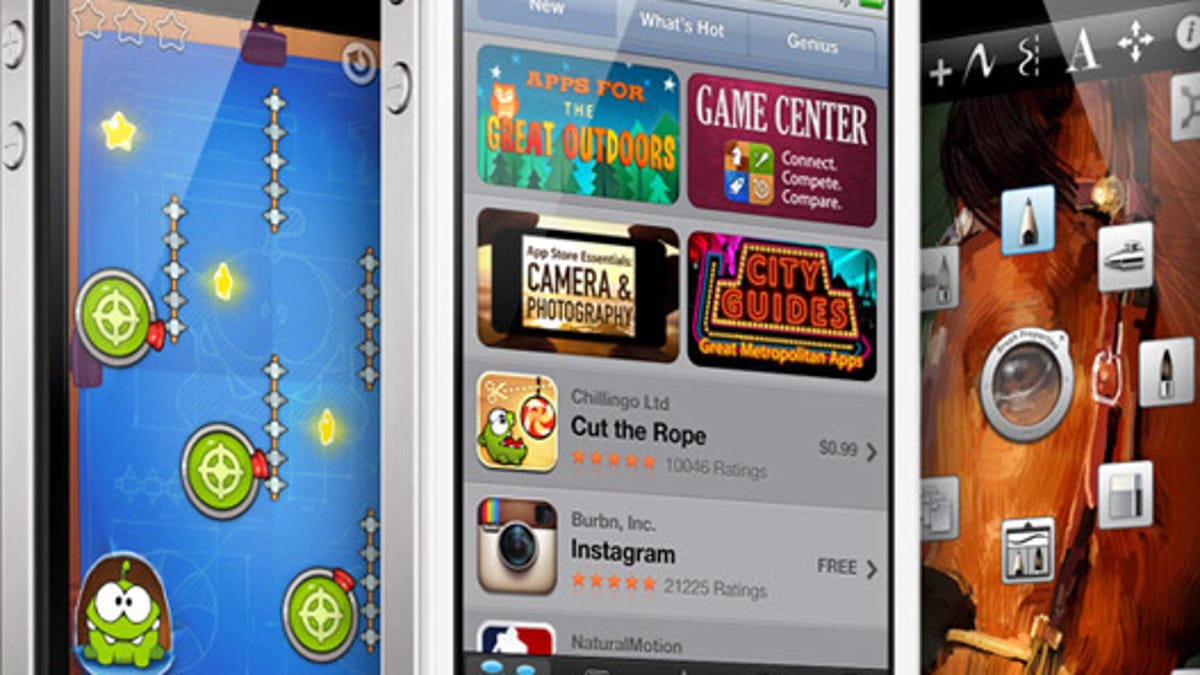Apple could sell 280 million iOS devices next year, claims analyst
Based on numbers for supply, demand, and customer loyalty, Apple could sell 280 million iPhones, iPads, and other iOS devices in 2012, forecasts research firm Asymco.

Apple could sell as many as 280 million iOS devices in 2012, according to market researcher Asymco.
If accurate, that figure would be more than double the number of iOS devices that Apple sold during its 2011 fiscal year, which ended September 24. Although comparing calendar year 2012 with Apple's fiscal year 2011 excludes the current holiday-shopping season, it still helps show how Apple's sales continue to scale up.
In Apple's 2011 fiscal year, the company sold 72 million iPhones, 32 million iPads, and 42.6 million iPods for a grand total of 146.6 million iOS devices. The iPod figure includes the iPod Touch and iPod music players, though the iPod Touch made up the bulk of the sales for that segment.
In an effort to predict iOS device sales for calendar year 2012, Asymco analyst Horace Dediu analyzed and combined three measures.
First, he looked at overall demand and market share in the mobile industry based in part on Ericsson's Traffic and Market Data Report (PDF), which was released November 7. The number of total of iOS installations will reach around 250 million by the end of this calendar year, Dediu noted, giving Apple a 17 percent share of all mobile device installations. Assuming an increase in Apple's market share, Dediu first estimated that around 225 million iOS devices could be sold in 2012.
Next, the analyst examined overall supply to determine how well Apple can sustain its level of production. From that, he derived a figure of 260 million iOS units sold next year.
Finally, he examined customer loyalty to see how many Apple device owners will stick with the brand and how many will upgrade their devices. Ranking Apple with a "loyalty" score in the high 80 percent to 90 percent range, Dediu projected that if 90 percent of iOS users upgrade next year, a total of 90 million iOS devices will be sold.
Mixing all the ratios and calculations together, Dediu came up with the estimate of 280 million iOS devices.
One can certainly argue with Dediu's calculations and conclusions. The data is based on many variables and assumptions. Dediu himself noted that the forecast won't necessarily be completely accurate because the ratios he used can fluctuate.
Forecasting sales figures is always been a bit of a guessing game. But underestimating Apple has often proved to be a mistake. It will be interesting to look at Dediu's data a year from now to see whether he was totally off base or right on the money.

